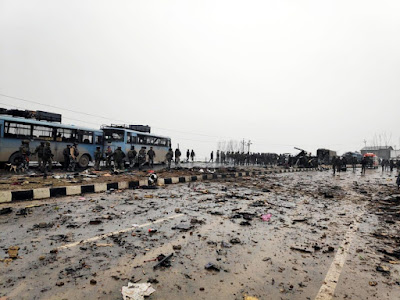There have been a great
number of changes in education systems worldwide recently. However, in Europe
we have experienced a great change with the enlargement of the European Union
and its consequences.
If we aim to have a
closer look at the characteristic features of the changes, we have to examine
what they are. What everybody can see at first sight is that not only European
societies, but also their schools went through relevant changes. Schools used
to be the source of knowledge, a place where children were educated more or
less without parental control.
This happens so quickly
that students learn how to use the Internet together with their teachers.
Parents are involved in decision-making so they take part in the life of the
school. It is no longer enough to send the kids to school in the morning, pick
them up in the afternoon. Parents have to have a view of what is happening in
the educational institution. Exam preparation is still important, but for
example in Hungary the entrance exams are ‘past tense', the final examinations
(matura) have changed, and the concept of learning to learn has slowly become a
very important element of teachers' job.
The changes that took
place in schools have changed
the roles of
teachers, too. In the past teachers used to be the major source of
knowledge, the leader and educator of their students' school life. Teachers
would organise after-school activities.
Then, in the past,
teachers used to follow a syllabus which was compulsory for them. Nowadays,
teachers have a National Curriculum, a Core Curriculum and a local (school)
curriculum that they have to consider, but - on the other hand - they have
independence to choose the teaching materials (textbook), make up a syllabus of
their own and teach their pupils so that they can perform well both at
examinations and in life
The main question is how
these changes manifest themselves for the society, for the participants
(teachers, learners, parents) of education. One of the mentioned European Union
documents deals with teachers' role in the changing process.2 This summarises the characteristic
features of future teachers who are to face a brand new situation in future
education.
Teachers' knowledge base
All the above-mentioned
changes have a common root. They show that it is not enough for teachers to be
masters of their profession; they also have to be the artist of it. But what is
the difference between a master and an artist? How can a teacher be both? What
are the characteristic features of god or bad teachers/teaching? This is an
evergreen question which often cannot be answered without understanding the
real contexts of teaching.
Teachers' needs and
expectations
In the first years of
the 21st century, 500 teachers have been asked to
fill in a questionnaire about their teaching practices and professional needs
in the southern region of Hungary3. The teachers were subject teachers of foreign
languages and primary classroom teachers prepared for foreign language teaching
to young learners. The main aim was to explore the differences in the ideas and
practices of language teachers with different training backgrounds. Three
hundred and twenty-five questionnaires were returned and a small section of the
results will be presented here.
Teacher Education for the
Future
In my view, teacher
education - rather than teacher training - needs to change in the near future.
Some experts say it is too late to begin the changes, as we need new
competencies in teaching right now. However, if teacher education in Hungary
follows its best tradition, and it remains practical, flexible and
child-centred, there is a hope that the next generation of learners will get
the support and skills they need in life during their schooling years from
their own teachers.


No comments:
Post a Comment